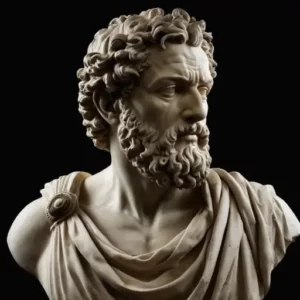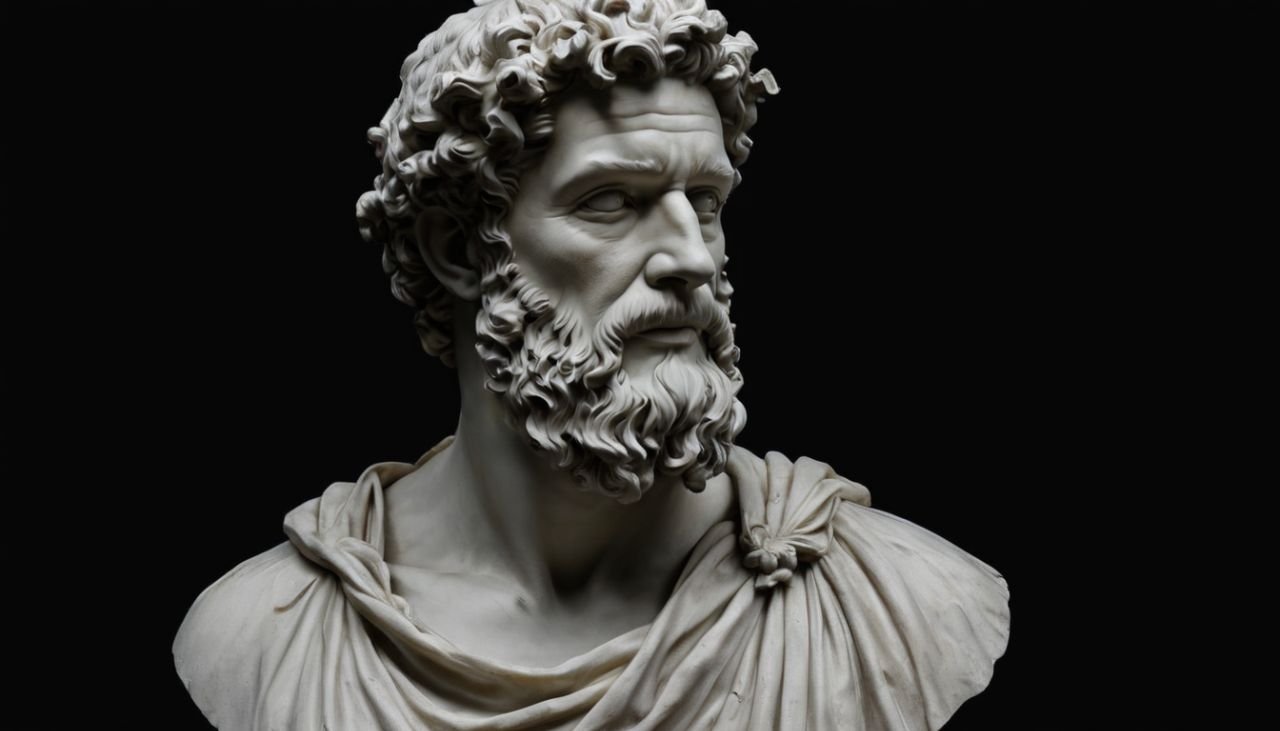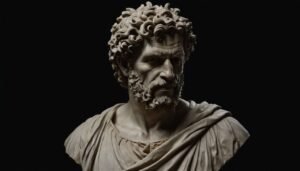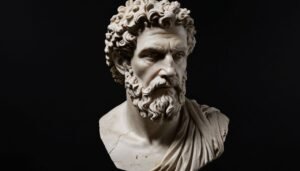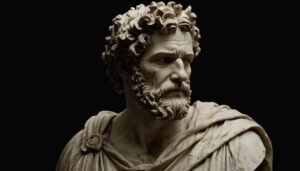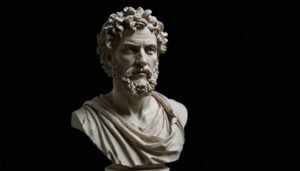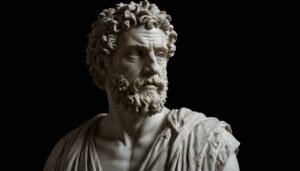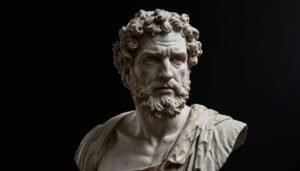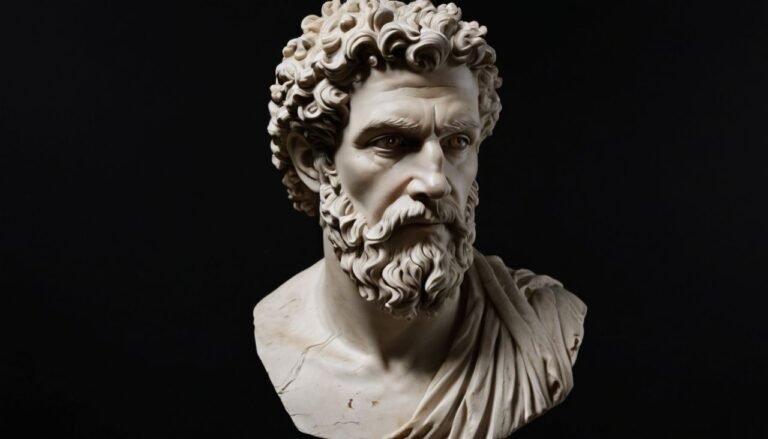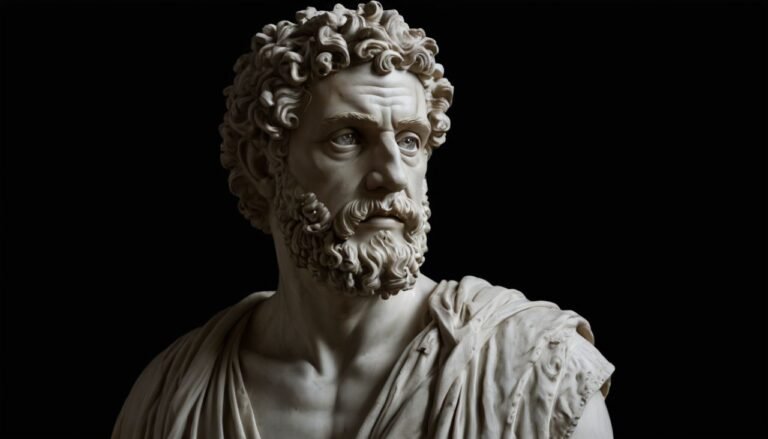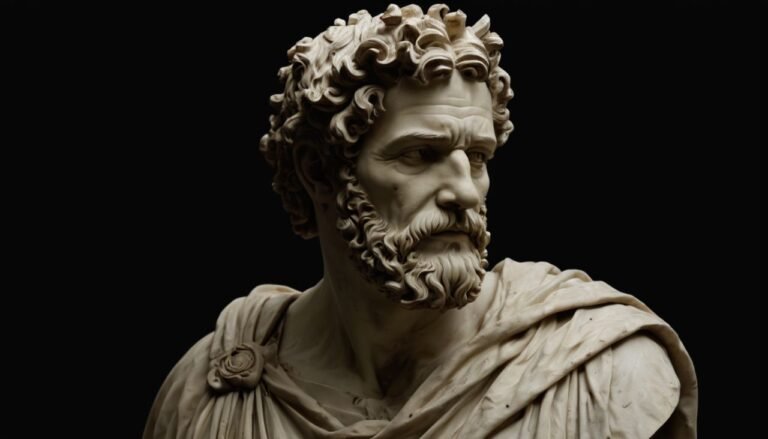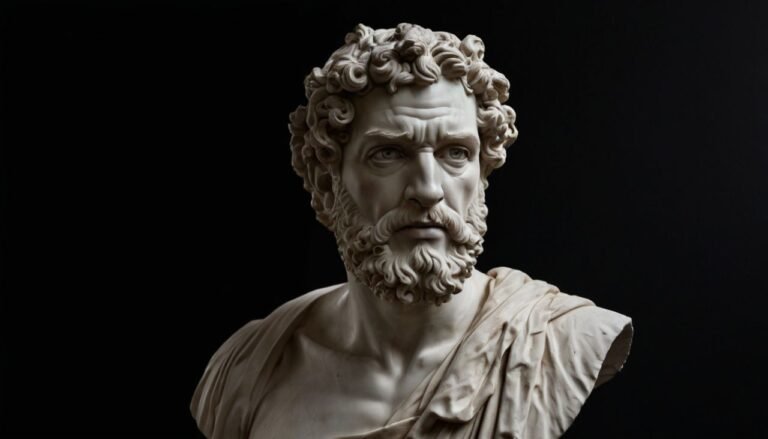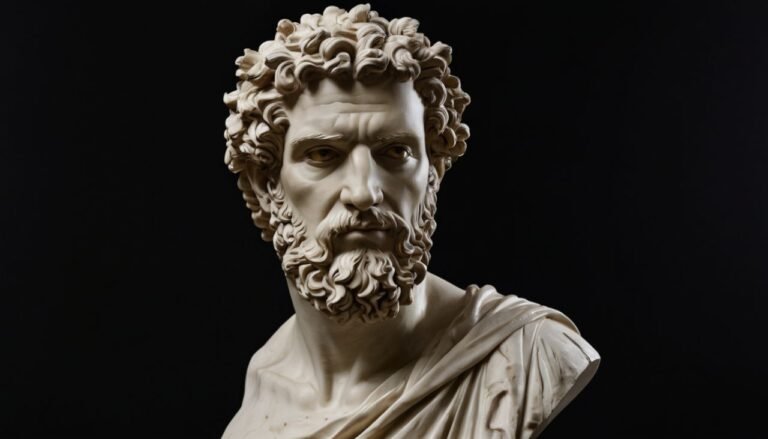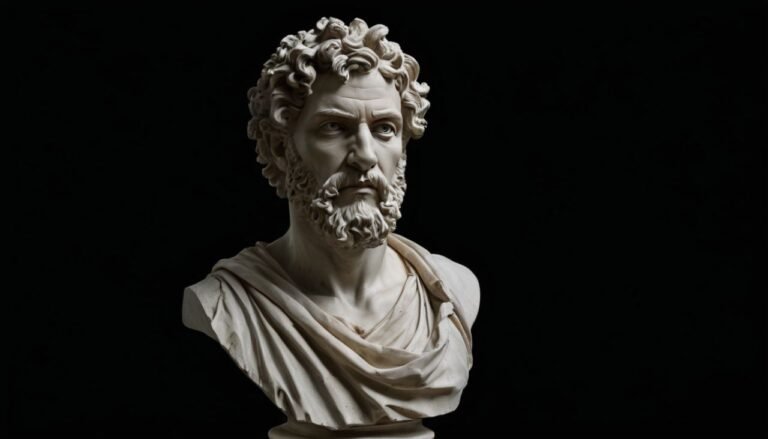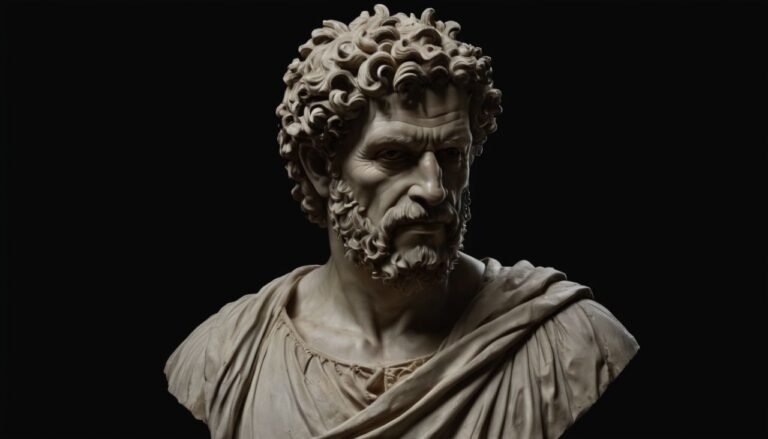Plato, the ancient Greek philosopher, has significantly influenced various schools of thought, including Islamic philosophy. His works were translated into Arabic during the Islamic Golden Age, profoundly impacting Muslim scholars and philosophers.
Translation and Transmission
During the 8th to 10th centuries, scholars in the Islamic world translated many Greek philosophical texts into Arabic. This period, known as the Islamic Golden Age, saw the establishment of the House of Wisdom (Bayt al-Hikma) in Baghdad, where Greek works, including those of Plato, were translated and studied.
Influence on Islamic Philosophy
- Al-Farabi: Known as the “Second Teacher” (with Aristotle being the first), Al-Farabi integrated Platonic ideas with Islamic thought. He discussed Plato’s concept of the philosopher-king and applied it to his vision of an ideal Islamic state.
- Avicenna (Ibn Sina): Avicenna’s works also show Platonic influences, especially regarding his metaphysical and epistemological ideas. He adapted Plato’s theory of forms to align with Islamic theology, emphasizing the existence of a single, necessary being—God.
- Ibn Rushd (Averroes): While Ibn Rushd is more renowned for his commentaries on Aristotle, he also engaged with Plato’s ideas. He critiqued and interpreted them within the context of Islamic jurisprudence and theology.
Key Concepts
- Theory of Forms: Plato’s theory of forms had a significant impact on Islamic metaphysics. The idea that non-material abstract forms (or ideas) represent the most accurate reality was harmonized with Islamic concepts of divine attributes and the immaterial nature of God.
- Ethics and Politics: Islamic philosophers drew on Plato’s ethical and political theories to discuss the nature of justice, the role of rulers, and the structure of an ideal society. They aligned these ideas with Islamic principles to advocate for a just and moral governance system.
- Epistemology: Plato’s views on knowledge and reality influenced Islamic epistemology. The distinction between the sensory world and the world of intellect found a parallel in Islamic thought, which differentiates between empirical knowledge (ilm) and revealed knowledge (marifa).
Criticisms and Adaptations
While many Islamic philosophers admired Plato, they did not adopt his ideas uncritically. They often adapted his concepts to fit within an Islamic framework or critiqued elements that conflicted with Islamic teachings. For example:
- Al-Ghazali: A prominent theologian and philosopher, Al-Ghazali critiqued Greek philosophy, including aspects of Plato’s thought, for conflicting with orthodox Islamic beliefs.
Conclusion
Plato’s influence on Islamic philosophy is undeniable. His ideas were studied, critiqued, and adapted by many Muslim scholars who sought to harmonize Greek philosophical heritage with Islamic teachings. This cross-cultural intellectual exchange enriched both traditions, leaving a lasting impact on global philosophical thought.
